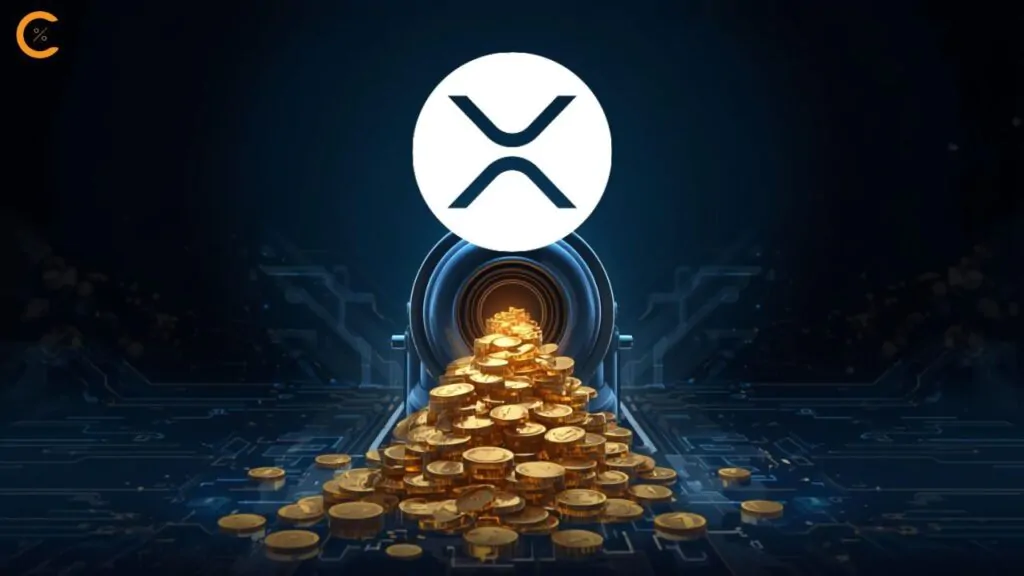- •Amundi is preparing to launch its first Bitcoin ETNs in early 2026, marking its official move into the crypto market and expanding its €2.3 trillion investment portfolio.
- •The launch could bring strong institutional recognition to Bitcoin in Europe, following BlackRock’s success with its IBIT ETF in the United States.
- •Amundi’s decision reflects a broader shift in traditional finance, viewing Bitcoin as a store of value and an inflation hedge within regulated investment products.
Amundi, Europe’s largest asset manager with over €2.3 trillion in assets under management, is preparing to launch its first Bitcoin ETNs by early 2026. The move, first reported by The Big Whale, represents a significant milestone in Europe’s adoption of digital assets and positions Amundi as the first major continental player to follow in BlackRock’s footsteps.
For years, Amundi observed the rapid expansion of Bitcoin ETFs in the United States from a distance. BlackRock’s spot Bitcoin ETF (IBIT), launched less than two years ago, now holds more than 800,000 BTC, roughly 4% of Bitcoin’s global supply, and has become the firm’s most profitable product, even surpassing its S&P 500 ETF. The success of IBIT has reshaped institutional sentiment toward crypto in traditional finance, creating a model that Amundi now appears ready to replicate for European investors.
Amundi’s entry into the Bitcoin ETN space could mark a turning point for Europe’s crypto investment landscape. While several smaller issuers already offer crypto exchange-traded products, none carry the same institutional weight or credibility as Amundi, whose involvement may help drive broader acceptance among pension funds, banks, and other regulated institutions.
Aligning Bitcoin with Traditional Portfolio Strategies
Amundi’s decision to launch Bitcoin ETNs aligns with its evolving view of digital assets within traditional portfolios. In recent months, the asset manager has acknowledged Bitcoin’s potential as a store of value and a macro-hedging tool, particularly in times of persistent inflation and currency volatility.
The upcoming Bitcoin ETNs are expected to integrate seamlessly with Amundi’s broader ETF lineup, which already includes leveraged and thematic products eligible for European tax-advantaged investment accounts. This structure may make Bitcoin exposure more accessible to investors who prefer traditional brokerage or pension platforms over direct crypto ownership.
By treating Bitcoin as an investment-grade asset rather than a speculative play, Amundi is sending a message that crypto can coexist within diversified portfolios. The launch also reflects a broader institutional shift in Europe, where regulatory frameworks for crypto investment vehicles have matured, creating a more stable foundation for long-term adoption.
Also read: Crypto Crash After Trump’s Tweet: China Clarifies Rare Earth Policy
A New Phase for Institutional Bitcoin in Europe
Amundi’s move into Bitcoin ETNs could redefine how European investors approach digital assets. With its scale, reputation, and distribution network across major European markets, the firm’s entry adds credibility and momentum to a sector that has long lacked heavyweight participation.
If launched as planned in early 2026, these ETNs would give European investors exposure to Bitcoin through a familiar, regulated structure, an important distinction in a region where direct crypto trading remains fragmented. More importantly, it signals that Bitcoin’s role as a financial instrument is evolving from a niche asset to a recognized component of institutional portfolios.
For now, details around Amundi’s Bitcoin ETN structure remain limited, and the firm has not yet confirmed an exact launch date. Still, the intent is clear: Europe’s largest asset manager is preparing to take a decisive step into the crypto market.
As the global landscape of digital assets continues to mature, Amundi’s Bitcoin ETNs could serve as a bridge between traditional finance and the decentralized economy, a development that may reshape how Europe perceives and invests in Bitcoin.







